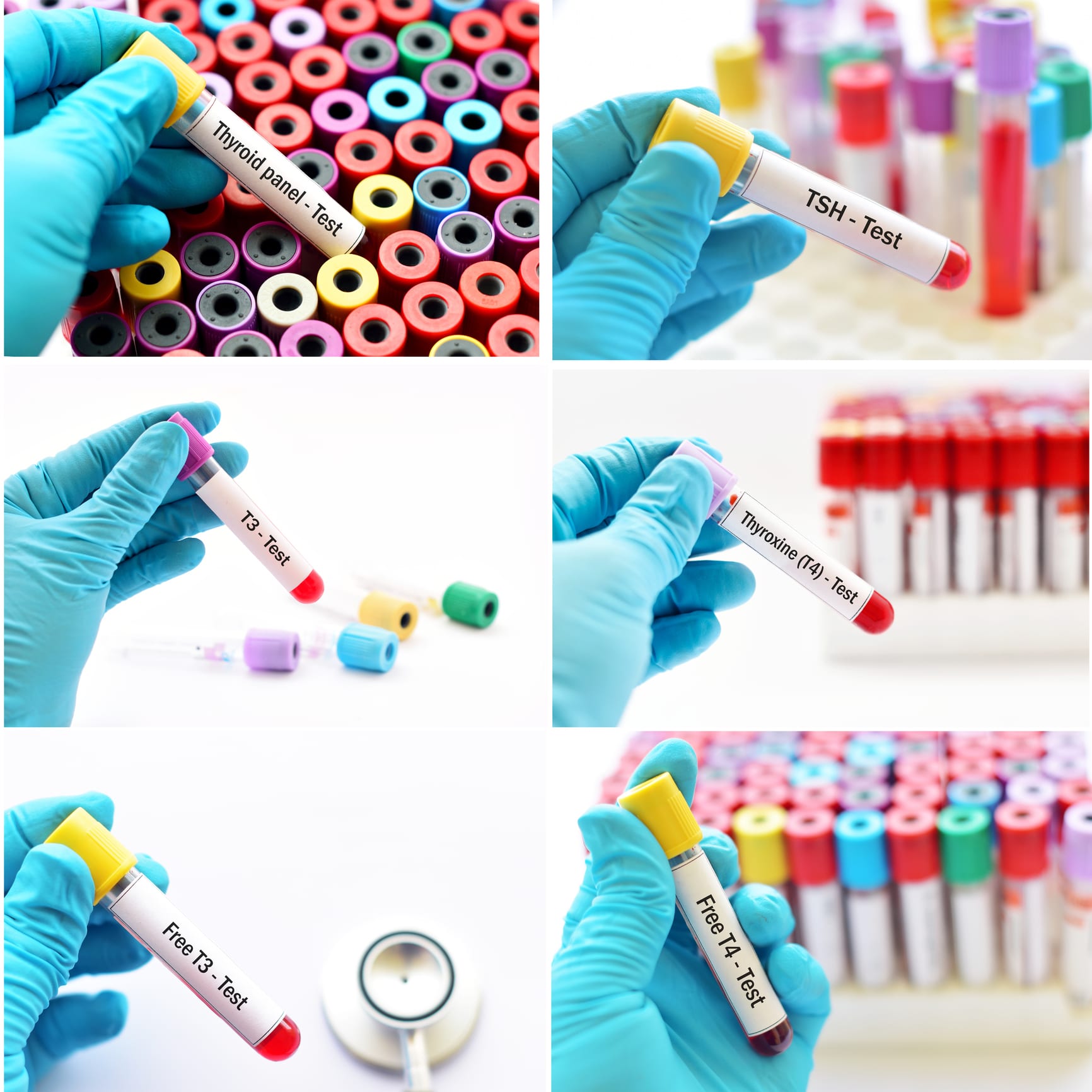The Sexy Sixties: Boomers and the Second Sexual Revolution
Nearly 80 million Americans came of age during the social and sexual revolution of 1960s and ’70s. The era was characterized by rebellion against parents, society, and conformity in general. About a third of this free-loving generation are now single — either divorced, widowed, or never married to begin with. While many baby boomers are now parents of the decidedly less sexy millennials , their interest in sex shows no sign of slowing down. The dating app Match.com cites 50-plus as the fastest-growing demographic on the site. And a survey from OurTime.com, an online dating site for older adults, found that looks still matter. Approximately 87% of 50- to 70-year-old users point to physical attraction as a deciding factor when sizing up a potential partner.
How do boomers stack up?
Recent research in the Archives of Sexual Behavior, reports that the average American adult has sex about 60 times per year. So, we’re getting it on a little more than once a week. For the 2015 and 2016 studies, researchers analyzed polled data on adult sexual habits from the General Social Survey. Who’s having the most? Compared to subsequent generations, boomers have the most sexual partners over their lifetime. Boomers average 11 partners – compared with millennials who have a projected average of 8. And Generation X comes in second with an average of 10 partners. I see patients every day confirming that boomers are trending up. Surprisingly, younger generations are trending down in terms of sexual interest.
The boomers, who launched the sexual revolution in the ’60s, are now well into their 60s. For them, the revolution rages on.
Which is the sexiest generation of them all?
Hands down this distinction belongs to boomers, who continue to push sexual boundaries. The same generation of women who first benefited from the introduction of the birth control pill in 1965 now crave fresh solutions to keep enjoying sex. A movement is afoot – one that challenges long-held assumptions about aging and sexuality. Adults in their 60s and beyond deserve and demand healthy, happy sex lives.
The FDA approved Viagra in 1998 to treat erectile dysfunction, transforming the sexual landscape for older men. This pharmaceutical added years to their sexual health. Urologists for men were dedicated to their sexual health. They proactively sought out solutions to maintain male vitality. Meanwhile, for decades, women with age-related sexual concerns were left high and dry. They found few options and even fewer physicians who would listen. My female patients have been tragically underserved by conventional medicine. However, the emergence of laser medicine marks the start of a new era. I now offer my female patients new science-backed solutions for all their sexual health needs.

Unlike their Viagra-popping partners, boomer women have been left high and dry…I’m thrilled for you, honey. Really.
Boomer women demand solutions for sexual wellness
Not only did gynecologists fail to rise to the occasion for female patients. The findings of the 2005 Women’s Health Initiative (WHI) set women’s health back irreparably. The false conclusion that Hormone Replacement Therapy (HRT) was unsafe for women still informs many physicians and patients alike. Daily, I see the repercussions of this inaccuracy negatively affect the lives of my patients. I have treated women for over 25 years and am astonished by the myths patients believe. But more so, by how misinformed many of my colleagues remain about bio-identical HRT. We cannot realistically achieve longevity without balanced hormones. Testosterone therapy plays a fundamental part in preserving women’s libido and sexuality. Furthermore, HRT maintains bone and brain health, prevents Type 2 diabetes, heart disease, and even breast cancer. Yes, I said testosterone therapy prevents breast cancer in women.
What do boomer women want?
One of the first line treatments I recommend to my boomer women is hormone replacement with BioTE pellet therapy. Once their libido returns, women cannot wait to reclaim their sexuality. Each woman suffers from a unique combination of the many common sexual problems that accompany aging. Things like structural changes resulting from childbirth, incontinence, vaginal laxity and dryness. Add inability to orgasm, pain during intercourse, embarrassing hemorrhoids, and concerns over the appearance of their genitalia. You see, boomer women want to keep having sex and look sexy while they do it. Women over 60 represent an enormous market opportunity. The industry has finally taken notice. Over the past decade, explosive technology – especially in laser devices – has emerged to serve the diversity of women’s sexuality.
Benefits of the bedroom
Of course, making love makes for lots of fun. During arousal, the brain releases powerful “feel-good” chemicals. But, sex also imparts many positive physiological and emotional benefits so it plays a major role in our overall health. People who have more sex report higher self-esteem, life satisfaction, and quality of life. They make better parents and happier employees. Other benefits of spending more time in the bedroom include:
- boosts your immunity
- regulates blood pressure
- reduces stress and improves mood
- improves sleep
- increased longevity
People with healthy sex lives possess greater confidence in and out of the bedroom. But, for boomers, the pros of more sex come with new responsibilities and consequences.
Doctors don’t talk to patients about sexual health. Here’s why they should:
More often than not, healthcare professionals don’t ask about their patients’ intimate lives. This is especially true for older individuals. Physicians may have preconceived notions that they are not sexually active. They could not be more wrong. Sexuality should be part of a physician’s review of systems – no matter what a patient’s age. Intimacy should be an essential component of the patient-doctor conversation. I ask all of my patients about their sexual health. Questions like:
Are you with a new partner? Perhaps more than one? Are you using protection? Would you like an STD screening? Are you satisfied with your performance and do you achieve orgasm? And, equally important, are you satisfied with your partner’s performance?

Boomers are used to giving “the talk” to their children. Many need to learn to take their own advice.
Why should boomers talk about sex now?
With the increase in older people dating, high numbers of boomers report having unprotected sex. As a result, sexually transmitted infections (STIs) are skyrocketing among older people. In a report by Global News about sexually active seniors, they shared these alarming statistics:
Recent studies have shown that in the U.S. STDs in the 50 to 70 age group have increased 38 percent from 2014 to 2017…. People over 50 years old made up 21 percent of new HIV diagnoses.
So, why is this happening? Well, it’s multi-factorial. Boomers don’t use protection for a broad range of reasons.
- No longer a fear of pregnancy – when boomers started having sex, pregnancy was likely the primary issue they considered. Now that this no longer concerns them, older people do not realize the necessity of protection.
- Unaware of symptoms – many STIs may be present without any visible symptoms. Someone can be infected and not even know it.
- Not in the habit – many older people had previous longterm relationships where protection was not necessary. Boomers carry these same assumptions from prior relationships into new sexual encounters without considering the consequences.
Why does sex lose its luster as we age?
As we grow older, both women and men experience a drop in vital sex hormones. A drop in sexual desire and performance typically follows. To make matters worse, as our hormone levels decline, we experience a whole host of unwanted conditions. We have trouble maintaining our weight, difficulty sleeping at night, and decreased muscle strength. Beyond that, many older people suffer from low energy and fatigue. It’s no wonder that many lose interest in sex as we age. HRT is the cornerstone of my sexual wellness philosophy. The topic is so critical, I dedicated a microsite to this potent tool for longevity. You can learn more about hormone pellet therapy here.
Sexual avoidance is a thing too
For many boomers, not having sex – even avoiding it altogether – is also not uncommon. Some of the reasons are physical but, oftentimes, they are physiological or psychosocial. Boomers represent one of the most stressed-out demographics today. Most still work full time. Many also care for aging parents and, increasingly, help financially support their adult children. Changing bodies and changing priorities add additional stumbling blocks for boomers in their ongoing pursuit of love. Some simply don’t have the time, or emotional headspace, for romance. For others, the cause could be medical.
Historically in old age, people tend to have less sex. Many older people lose their partners and don’t necessarily start dating again. Poor health or taking certain medications can also make people less interested in sex. However, boomers are bucking the trend. While some boomers are not actively seeking sex, others actively avoid it. Women more commonly avoid sex than men. In fact, up to 40% of women avoid sex some time in their lives. However men, too, have motivations for opting out of sex.
Some of the reasons boomers refrain:
- Pain during sex, for women
- Incontinence and the embarrassment that comes with it – 80% of women experience incontinence during their lifetime.
- Low libido, among women and men
- Inability to orgasm – 10% of women never climax
- Metabolic conditions like diabetes and obesity
- Many medications such as antidepressants and anti-anxiety drugs reduce libido
- Low levels of testosterone for men – men lose 20% of their testosterone per decade
- Dissatisfaction with their partner
- Erectile dysfunction for men – 60% of men over 60 experience ED
- Lack of opportunity is cited by men
Fortunately, we now have an abundance of solutions for many of these concerns. The second sexual revolution for Boomers could not have come at a better time.
Laser Love: New science so you stay sexy
A number of revolutionary and noninvasive treatments are currently available to correct issues that get in the way of intimacy. You just have to know where to look. At HealthWellnessMD, we offer an array of non-surgical solutions for your most intimate concerns. We perform these procedures in the comfort and privacy of our medical spa with little to no downtime.
-
Vaginal Rejuvenation with the FemiLift
The FemiLift is for every woman. Every woman who suffers from incontinence, every woman who wants less discomfort during sex and greater sensation, every woman of every age who wants to feel rejuvenated. This minimally invasive laser stimulates collagen production and increases blood flow to the vaginal walls. The FemiLift has the dual effect of both improving urinary leakage and increasing your sexual sensation, lubrication, and overall intimacy.
-
Internal and external Vaginal Rejuvenation with Votiva
Votiva uses radio frequency (RF) to tighten pelvic muscles and treat the effects of vaginal laxity such as urinary incontinence and loss of sensitivity. This safe and comfortable treatment addresses both internal and external vaginal health issues without surgery. If you suffer from low blood flow or sensitivity, pain with intercourse, or decreased libido, Votiva may be perfect for you. Votiva can also address age-related loss of elasticity and wrinkled appearance of the labia and vulva.
-
Male performance enhancement with GAINSWave™
Many men equate a healthy sex life with their ability to achieve a strong and long-lasting erection. They spend billions each year on temporary male enhancement treatments such as Viagra and Cialis despite the numerous and alarming side effects. Any man who wants to take back his sexuality naturally—without risky medication—can benefit from this gentle and pain-free therapy. The GAINSWave™system uses pulsating acoustic waves to increase blood flow to the penis resulting in a firmer, more resilient erection. Using acoustic waves increases the number of blood vessels, removes micro-plaques, and promotes soft tissue growth within the penis, so it stays firmer longer, while also increasing sensitivity. Greater blood flow means stronger erections and optimal sensation.
-
The O-Shot® for Women
The O-Shot®, or Orgasm- Shot, procedure is a very specific method of using blood-derived growth factors from your own platelet-rich plasma (PRP), to rejuvenate and regenerate the vagina. The O-Shot® helps relieve urinary incontinence, sexual problems, and increases sexual pleasure. For many patients, The O-Shot® improves lubrication and arousal from clitoral stimulation and may decrease pain for women who experience pain during intercourse.
-
The P-Shot® for Men
This groundbreaking new treatment uses platelet-rich plasma (PRP) from the patient’s own body to rejuvenate damaged and aged tissue. The P-Shot® entails safe, pain-free injections of a patient’s own PRP to rejuvenate the penis and stimulate new tissue growth, resulting in improved erections that are larger, firmer, and more frequent. Because the PRP comes from your own body, it is a natural and effective treatment for erectile dysfunction as well as Peyronie’s Disease. And because most men see almost instantaneous results, you can enjoy sexual relations on the day of the procedure.
-
Vaginal Revision with Laser Labiaplasty
Labiaplasty is the fastest-growing type of cosmetic surgery today. We offer a nonsurgical alternative for the many women who experience discomfort or limit activities, such as riding bikes or going to the beach, because of their pronounced labia. We can also help women who are embarrassed because they lack labial symmetry. I want all women to know that you can have perfectly symmetrical labia without going under the knife. After my in-office laser labiaplasty, you go home the same day, with little downtime, no stitches, and the symmetrical appearance you’ve always desired.
-
Hemorrhoids with Laser Hemorrhoid Removal
Hemorrhoids are not only uncomfortable, they can be embarrassing and interfere with your desire for sexual intimacy. With the rise in oral sexual activity, this condition can be especially awkward. As many as 80% of American suffer from hemorrhoids and most are unaware of a simple and minimally invasive technique to eliminate them. Using our CO2 laser, we permanently remove external hemorrhoids. This laser vaporizes the content of the hemorrhoid as well as the remaining skin sack. So, you can enjoy your sexuality with confidence again.
Your sexual health and wellness is too important to ignore. With such advances in laser technology, there is no reason for boomers to lack confidence in the bedroom due to medical, performance, or cosmetic concerns. You can feel great about the way you look again – in and out of the bedroom.
Taking it to the sheets: The second Sexual Revolution
Boomers are once again challenging the status quo – this time, by upending assumptions about aging and sexuality. During the ‘6os, they were taking it to the streets. Now more than fifty years later, they are revolutionizing the way the medical establishment approaches sexuality and longevity. While there will never be another Summer of Love, with all of these solutions for sexual health, boomers can come pretty darn close. Future generations say thank you.





